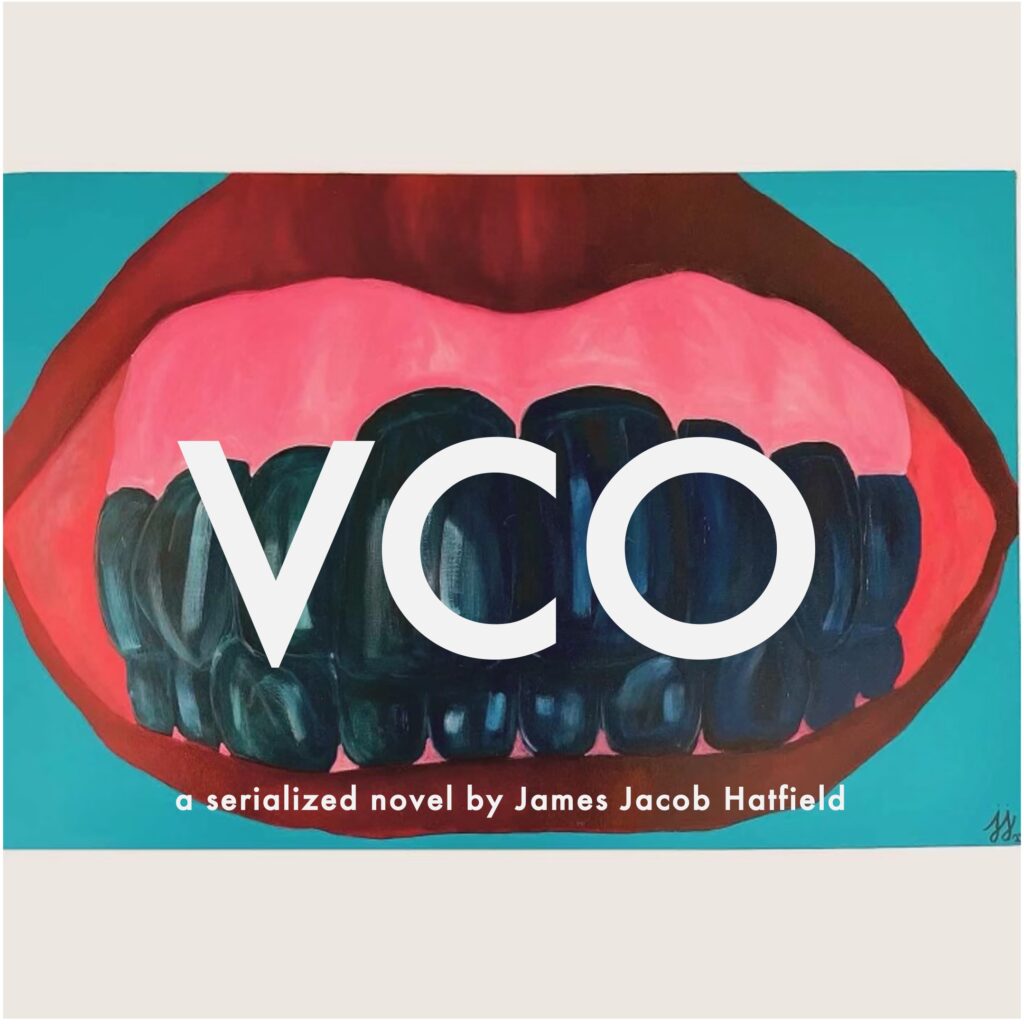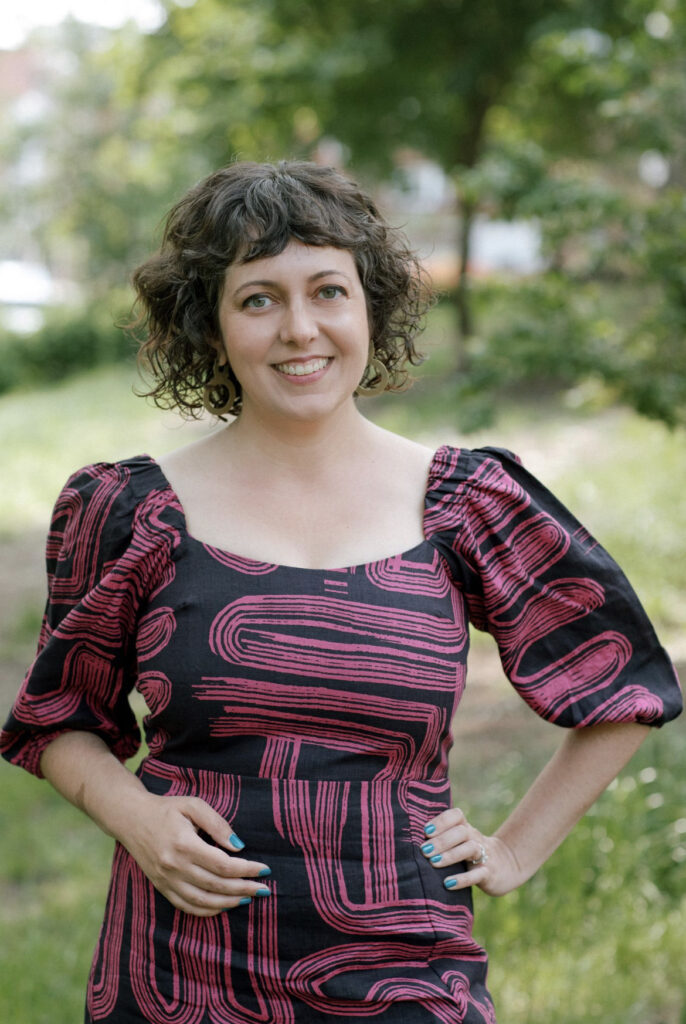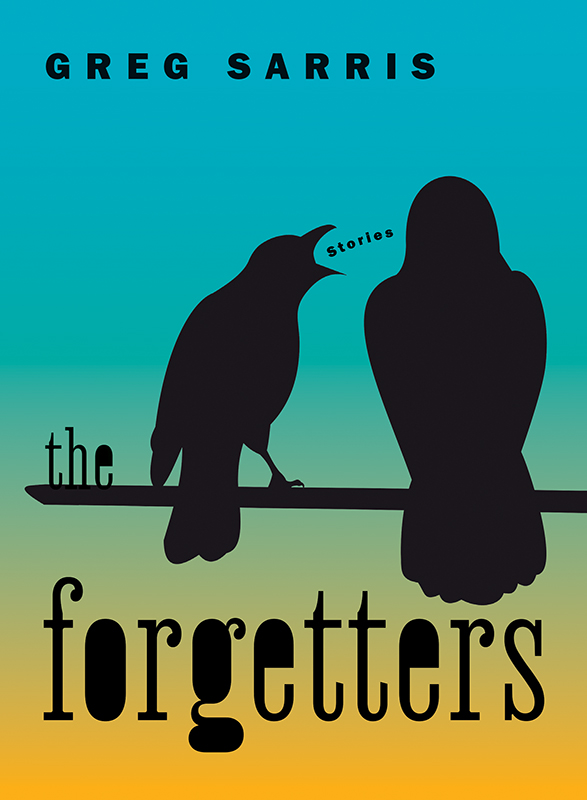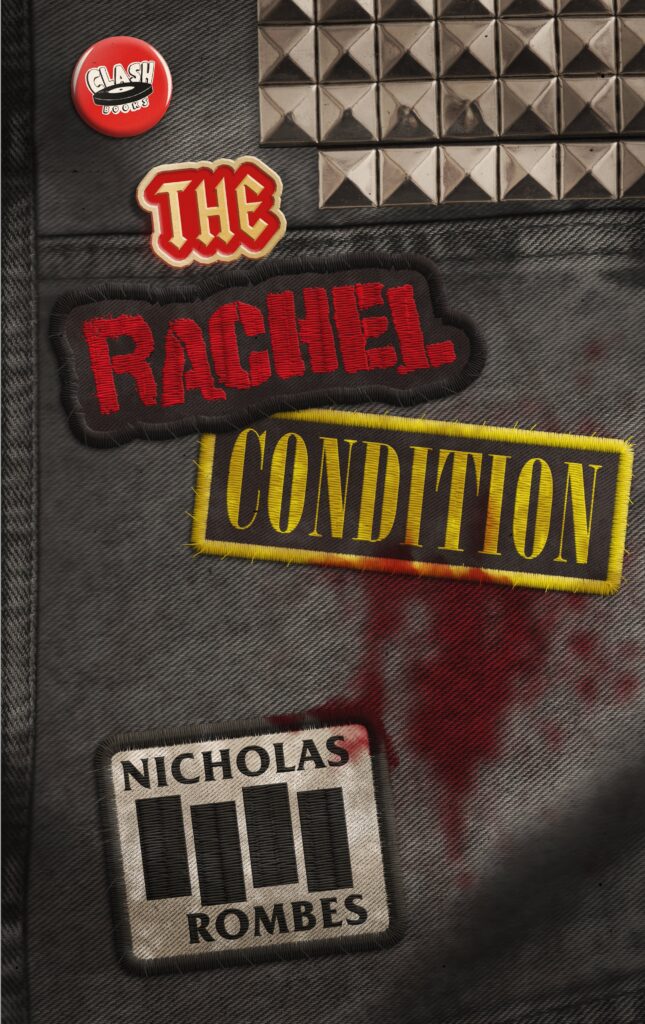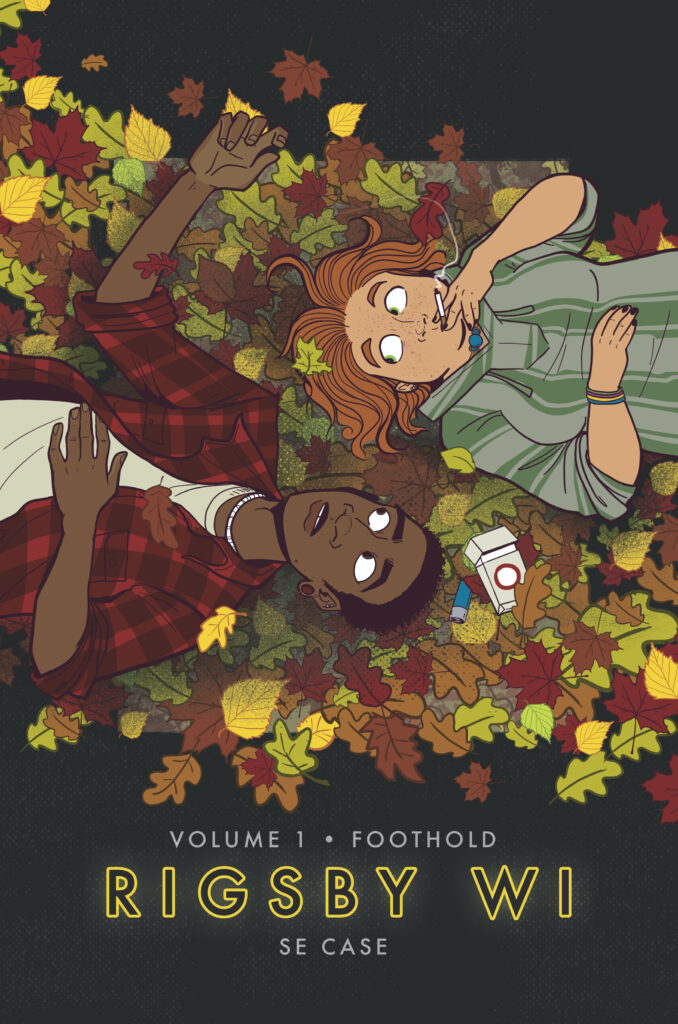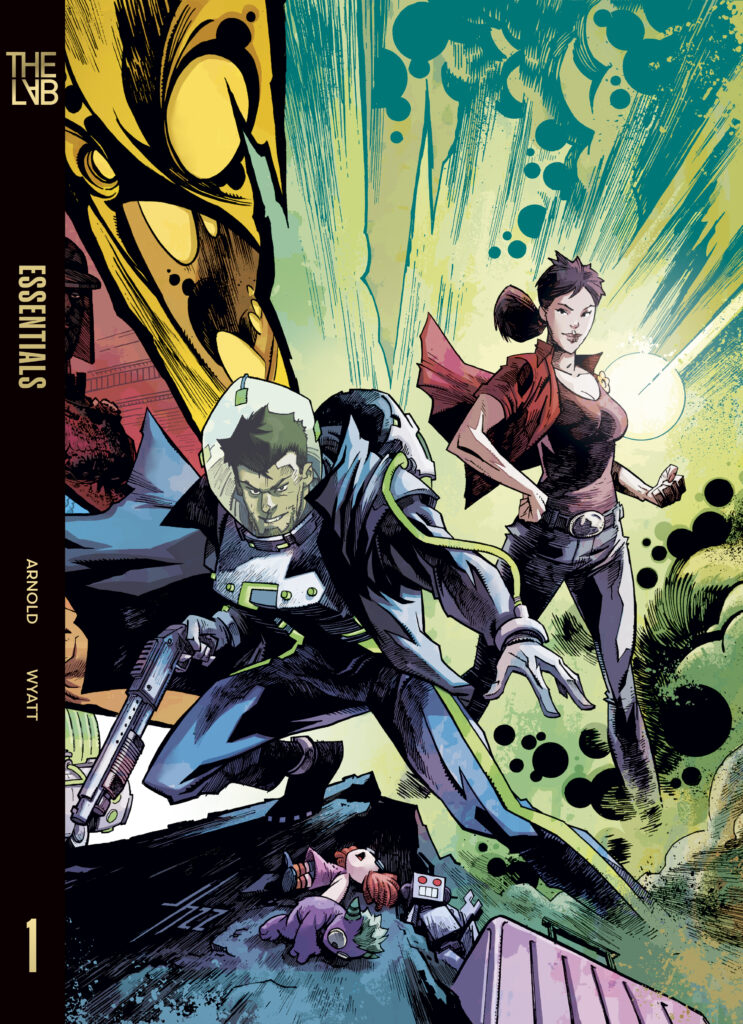
Crowdfunding is currently underway for The Essentials, a new graphic novel from writers Luke Arnold and Doc Wyatt and a staggeringly good selection of artists. Arnold is best-known for his work as an actor — notably on Black Sails and Glitch — but he’s expanded his purview into writing in recent years, and Wyatt has an extensive list of credits in both comics and television.
As for the art? Well, there’s a preview below featuring some of Jason Howard’s work on the book; you might know him from Big Girls, The Vallars, or Trees. Also contributing to Essentials are DaNi, Glenn Fabry, Vince Locke, Brendan McCarthy, Andrea Mutti, M.K. Perker, and Bill Sienkiewicz.
